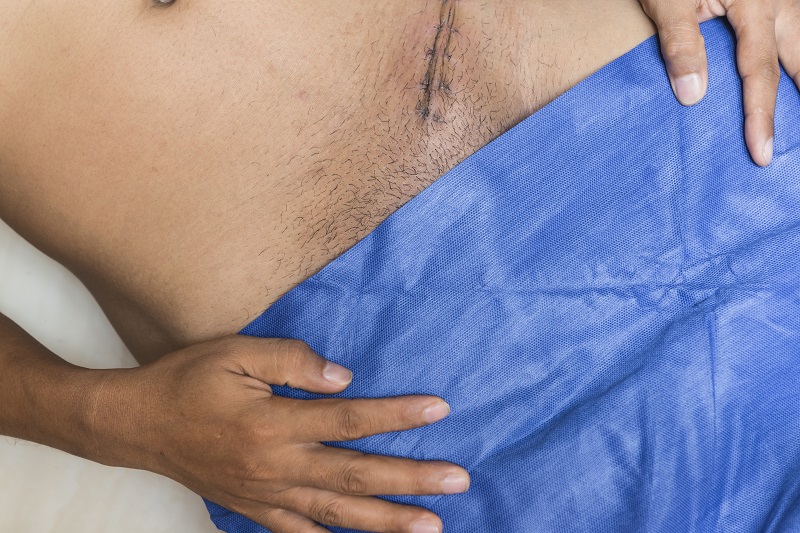
October 14, 2019
A hernia is a condition that usually affects the abdominal area of the human body. Due to a lack of elasticity or tightness of the abdominal wall, an abdominal organ or internal tissue often slips from its place. This usually happens around the region of the groin, upper stomach, belly button or the surrounding areas. Continuing on the subject, in this blog post, we discuss all you need to know about the disorder, including its symptoms, types, risks, treatment and recovery. Read on.
What are the Symptoms of Hernia?
Many times, a hernia may not show any symptoms such as pain or discomfort. All you can see is a lump or protrusion in a certain part of the body. In other cases, a hernia may cause shooting pain and extreme discomfort around the area. If your hernia cannot be pushed back in, there is no other alternative but to opt for urgent medical assistance from a Hernia Surgeon in Dallas or Fort Worth.
In some rare cases, the hernia may block the blood supply to certain abdominal sections. Hence, immediate medical assistance is imperative.
What are the Types of Hernia?
Following are the types of hernia that can affect the human body:
Reducible hernia -When the hernia can be pushed back through the opening it came through, it is called a reducible hernia.
Irreducible hernia -This hernia cannot be pushed back as the organ has filled the herniated sac.
Strangulated hernia – This type of hernia causes a stoppage of blood supply due to a part of the organ being stuck in the hernia. This requires immediate surgical intervention.
Surgical Procedure for Hernia Treatment
Hernia surgery helps relieve the patient of the condition, alleviate the symptoms and lead a normal life. It is one of the oldest and most widely conducted surgeries in the world. This surgery has the following variations:
Herniorrhaphy – This procedure entails making a long incision over the problem area in the patient’s body followed by using surgical instruments to remove the hernia sac and return the organ into its original position. In order to prevent relapse and ensure proper hold of the abdominal tissue, the Hernia Surgeon in Dallas / Fort Worth will stitch up the hole in the muscle or abdominal wall.
Hernioplasty – The surgical procedure in hernioplasty is the same except in this approach, instead of stitching up the hole in the muscular tissue or the abdominal wall, the surgeon makes small incisions around the hole and attaches an animal tissue, polypropylene, or flexible plastic. This does not put pressure on the weak muscular tissue that gave way in the first place.
Risks in Hernia Surgeries
Your Hernia Surgeon in Dallas / Fort Worth will conduct a series of tests in order to ensure that you do not suffer from any risks or side effects arising from the surgery. Despite this, there are still certain risks associated with hernia surgeries. Some of them are:
- Thronging pain in the region until the surgical wound heals internally as well as externally. In some cases, even post healing, this pain may last for a long period after the surgery
- Development of blood clots around the operated rea due to the surgical incisions and non-movement of the patient
- Infections around the surgical wound
- Chances of recurrence of the hernia even after surgery
Last Word
If you or a loved one has been experiencing any of the symptoms of a hernia, consult a hernia surgeon as soon as possible. To schedule a consultation with the experts at DFW Bariatrics and General Surgery of Dallas, book an appointment online or simply call 469-620-0222.
